.png)
Why WordPress Remains the Go-To Platform for Building Modern Websites
WordPress powers millions of websites worldwide, from personal blogs to enterprise e-commerce stores. Its flexibility, robust plugin ecosystem, and SEO-friendly architecture make it ideal for businesses, creators, and developers alike.
From Blogging Tool to Full-Fledged CMS
Since its launch in 2003, WordPress has transformed from a simple blogging platform into a powerful, open-source CMS that runs over 45% of the web. Its thriving community, thousands of themes, and extensive plugin library enable sites of all sizes to scale and customize with ease.
Why Developers and Businesses Love WordPress
- 🚀 Fast Setup – Get your site live quickly with pre-built themes and plugins.
- 🛠 Highly Customizable – Thousands of themes, plugins, and page builders at your fingertips.
- 🔒 Secure & Reliable – Regular updates, strong community support, and optional security plugins.
- 📈 SEO & Analytics Friendly – Built-in SEO structure plus plugins like Yoast SEO and RankMath.
- 🌐 Global Reach – Multilingual support, WooCommerce for online stores, and mobile responsiveness.

Ideal Scenarios for Using WordPress
| Use Case | Why It Fits |
|---|---|
| Blogs & Personal Sites | Simple setup with flexible content blocks and themes. |
| Small to Medium Businesses | Customizable layouts, SEO-ready, and plugin support for business needs. |
| E-commerce & Online Stores | WooCommerce and other extensions provide full commerce capabilities. |
| Landing Pages & Marketing Sites | Easy to create optimized landing pages with page builders and plugins. |
When WordPress Might Not Be the Best Fit
If your project demands complex real-time web applications, high-performance backend logic, or custom APIs, frameworks like Laravel, Next.js, or NestJS may be better suited. WordPress can still serve as a headless CMS in such cases.
How WordPress Powers Websites
WordPress uses PHP and MySQL with a theme-based presentation layer. Content is managed via the Gutenberg editor, stored in a database, and displayed with templates. Developers can extend functionality using hooks, filters, and plugins without altering the core code.
Must-Try Features & Tools
🎨 Gutenberg Blocks
Drag-and-drop modular content to design pages quickly.
🔌 Powerful Plugins
Extend your site’s functionality with thousands of plugin options.
🛒 WooCommerce
Turn your WordPress site into a fully functional online store.
📊 SEO & Analytics
Optimize your content with Yoast, RankMath, and track visitors with Google Analytics.
🌐 Page Builders
Elementor, Divi, and others for easy layout design without coding.
Websites Thriving on WordPress
WordPress powers everything from small blogs to global publications like TechCrunch and Bloomberg. Its flexibility allows businesses and creators to grow without technical bottlenecks.
How WordPress Compares to Other Platforms
WordPress offers unmatched versatility compared to Shopify, Joomla, or Drupal. While Shopify is focused on e-commerce, WordPress can manage blogs, portfolios, marketing sites, and online stores all in one platform.
Engaging & Interactive Website Elements
Add sliders, galleries, videos, infographics, and interactive blocks to captivate visitors and enhance user experience.
